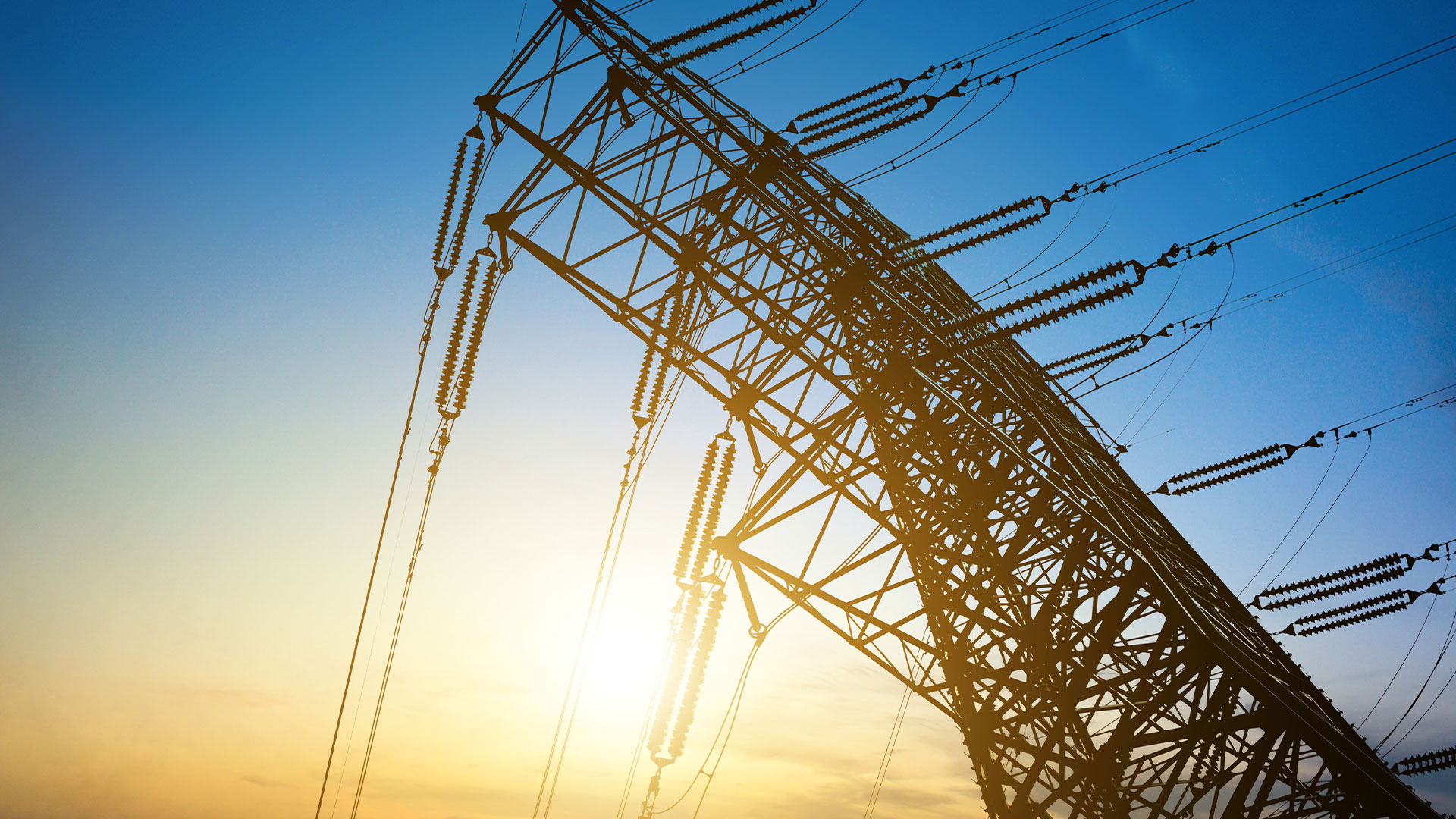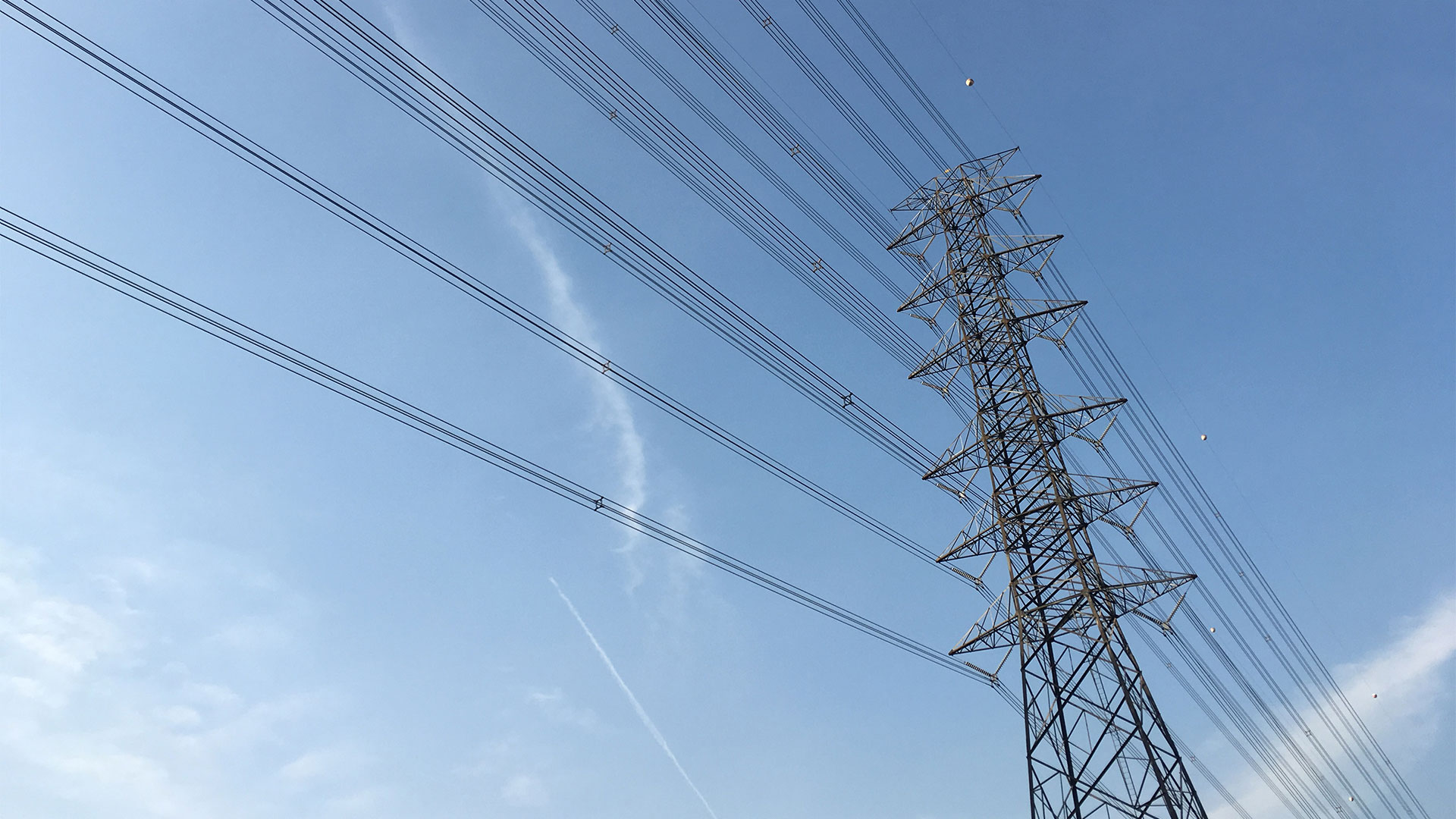The MISO Interconnection Process Working Group (IPWG) convened in August 2024, focusing on several key topics, including proposals for Point of Interconnection (POI) changes, Grid-Forming Battery Energy Storage Systems (BESS) performance requirements, MISO-PJM coordination, and upcoming changes to the Joint Operating Agreement (JOA). The meeting aimed to address stakeholder feedback, finalize criteria, and discuss implementation schedules for these proposals.
The meeting began with a review of the third-generation replacement process and its proposed enhancements. The primary focus was the development of a final set of criteria for POI changes and generator replacement requests. MISO reiterated its goal of balancing the flexibility of POI changes while minimizing the potential impact on the system, especially concerning queued projects. The criteria presented in May were revisited, which included stringent requirements such as no voltage level change, a maximum move of two buses away, and a 5% defect or 5 MW flow change on branches. Following stakeholder feedback, MISO conducted technical analyses to assess the potential impacts of these criteria and made several revisions.
The final proposal for POI flexibility included adjustments that would provide some flexibility in changing POIs, provided that no new constraints were introduced and nearby queued projects were not adversely impacted. Key aspects of the proposal included a 5% defect change threshold, no introduction of new constraints, and using the latest DPP (Definitive Planning Phase) models for evaluating proposed changes. This approach aimed to balance flexibility for generator owners while maintaining system integrity. Stakeholders were encouraged to review the redlines from Attachment X Section 3.71 and submit feedback by September 24 via the Microsoft Feedback Request Tool. MISO plans to finalize this proposal in future meetings, with the goal of filing in Q1 2025.
Another critical topic was the implementation of Grid-Forming Battery Energy Storage System (BESS) performance requirements. MISO presented its plan to introduce these requirements starting with the 2023 DPP cycle, with simulation test results expected to be ready by Decision Point Two (scheduled for September 2025). This provided stakeholders with approximately one year to prepare for these requirements. MISO responded to previous stakeholder concerns by delaying the simulation test result due date to a later phase of the interconnection process, allowing more time for proper implementation.
The grid-forming BESS requirements were discussed in the context of Business Practice Manual (BPM) changes rather than tariff changes, as BPMs provide greater flexibility in managing obligations. This decision was well-received, as it allows for more responsive adjustments in practice. MISO confirmed that the initial round of implementation would focus on standalone BESS systems with their own unique POIs. Hybrid and co-located facilities were not included in this initial proposal, although they may be addressed in future implementation phases. Stakeholders were encouraged to provide feedback by October 16, 2024, ahead of the next discussion on this topic at the Planning Advisory Committee (PAC) meeting.
The meeting then shifted to MISO-PJM coordination and upcoming changes to the Joint Operating Agreement (JOA). MISO introduced upcoming revisions to the JOA in response to PJM’s adoption of a relative queue priority system. These revisions are intended to align MISO’s and PJM’s processes regarding queue management, study timelines, and cost allocation. Redlines of these proposed changes are expected to be shared in future stakeholder meetings, with the final filing anticipated by the end of 2024. MISO highlighted that these changes would streamline inter-regional coordination and minimize process-related delays, ultimately benefiting both RTOs and their stakeholders.
A significant portion of the meeting was devoted to the Generation Connection Cap (GCC) proposal. Stakeholders were invited to provide feedback on the GCC proposal, which aims to better manage the volume of new generation interconnection requests. Based on the input received during the meeting, MISO scheduled a special session for September 30, 2024, to further refine the proposal. The target is to finalize the details by the end of September and submit the revised proposal for review before the end of the year. This proposal, if approved, will provide MISO with a more structured approach to managing generation interconnection requests, improving both queue management and system reliability.



